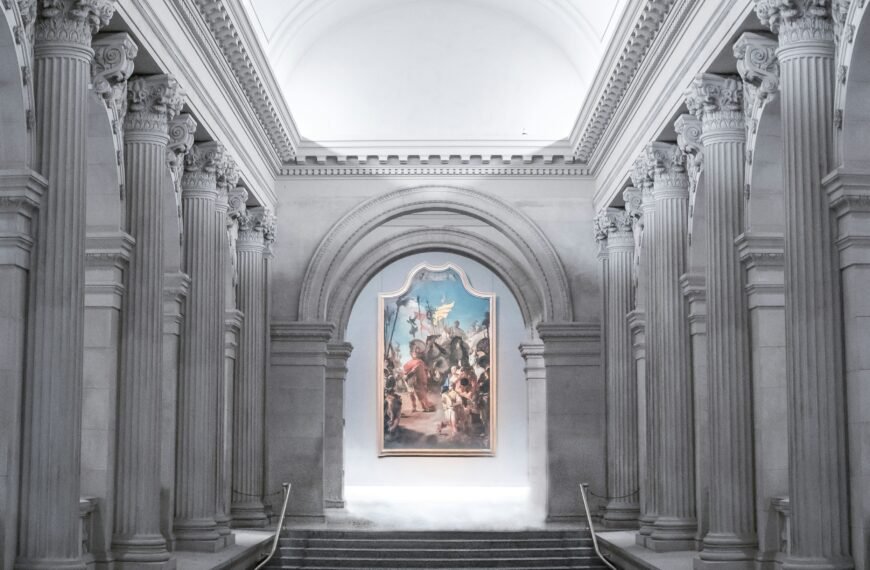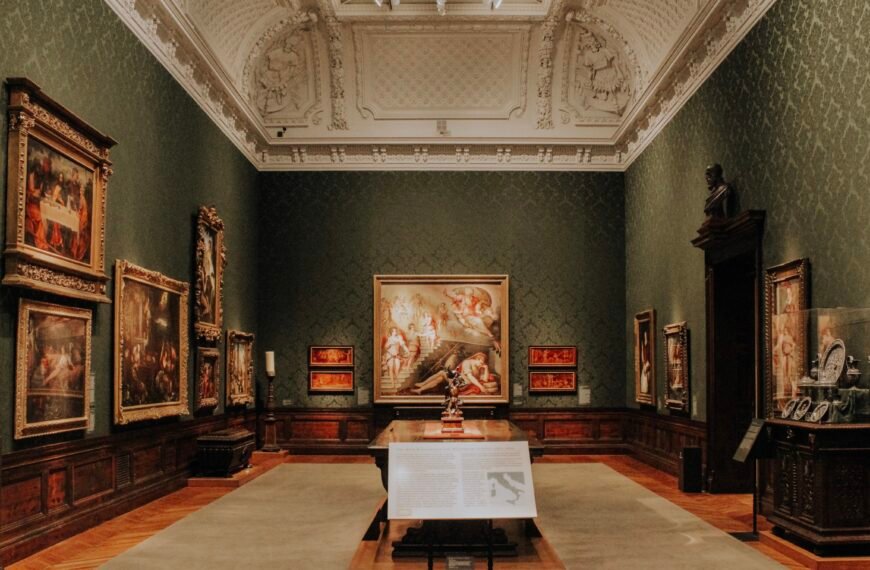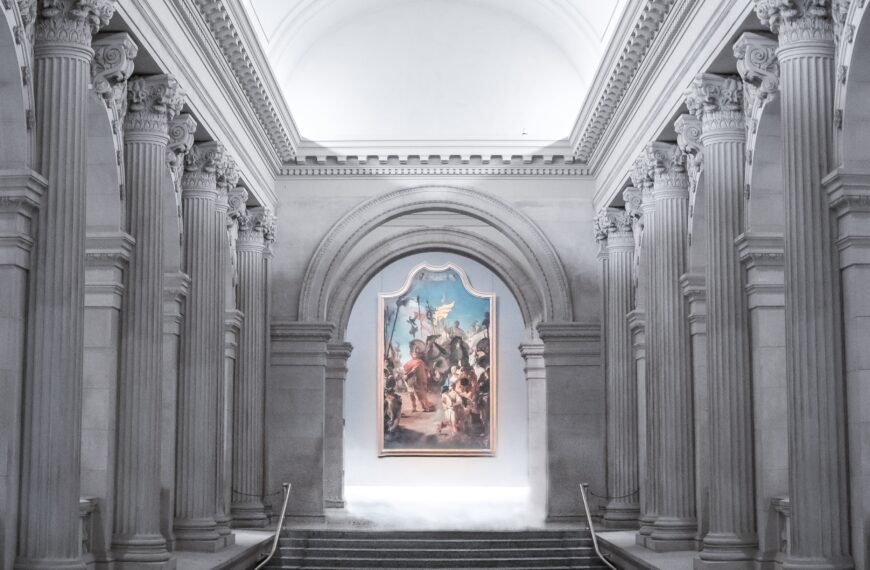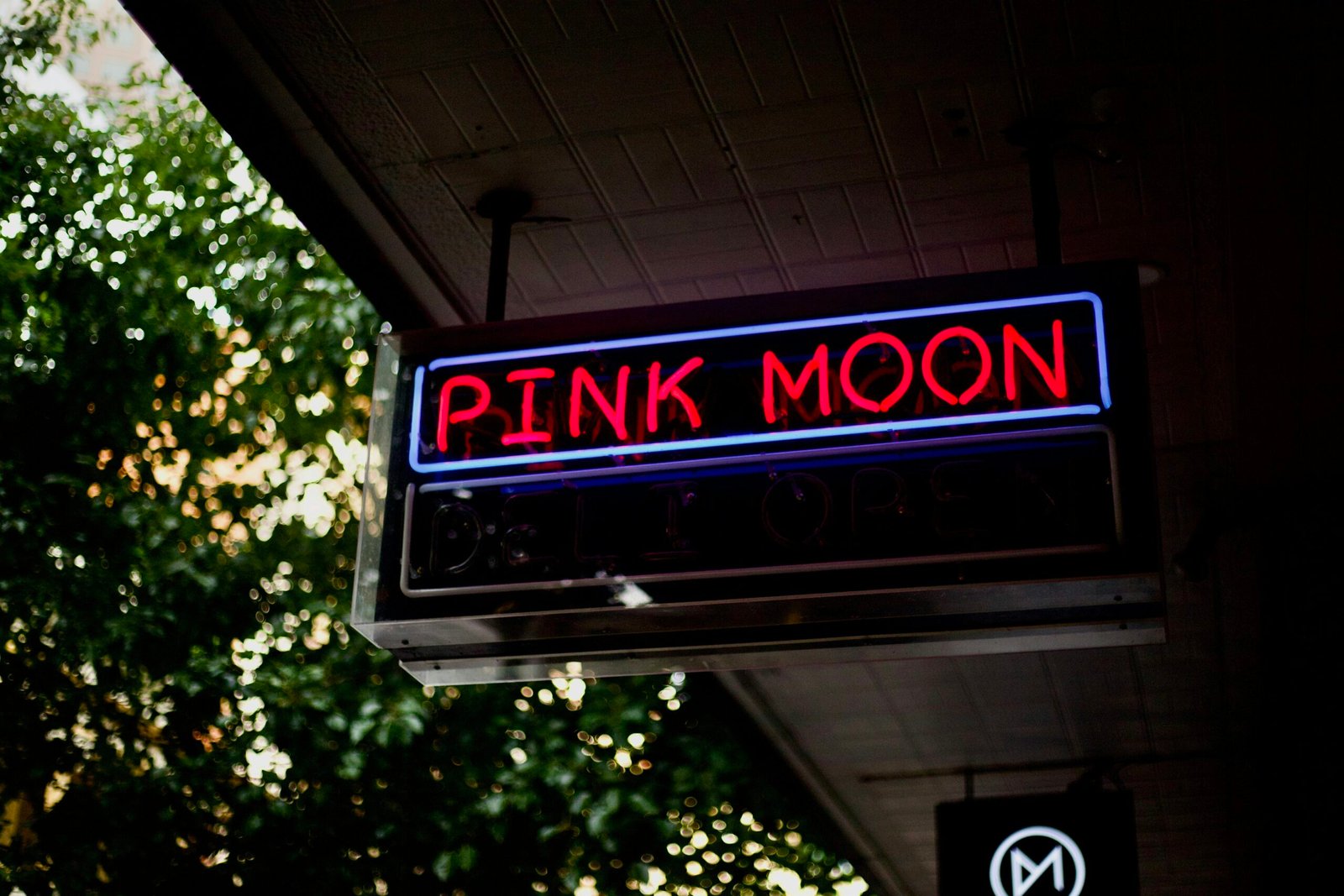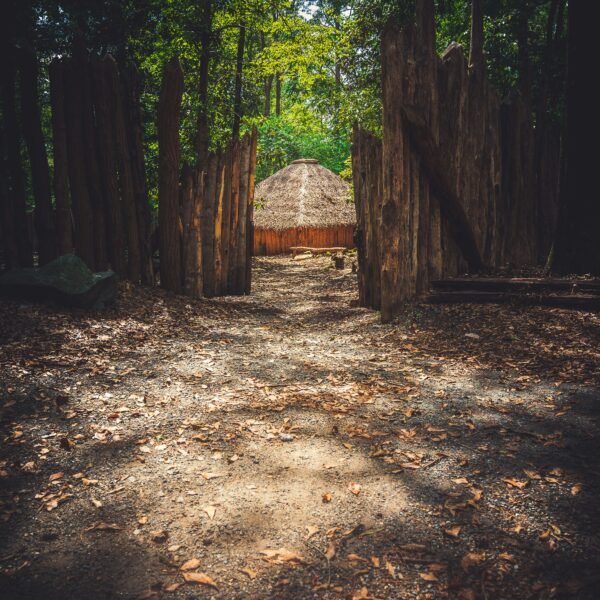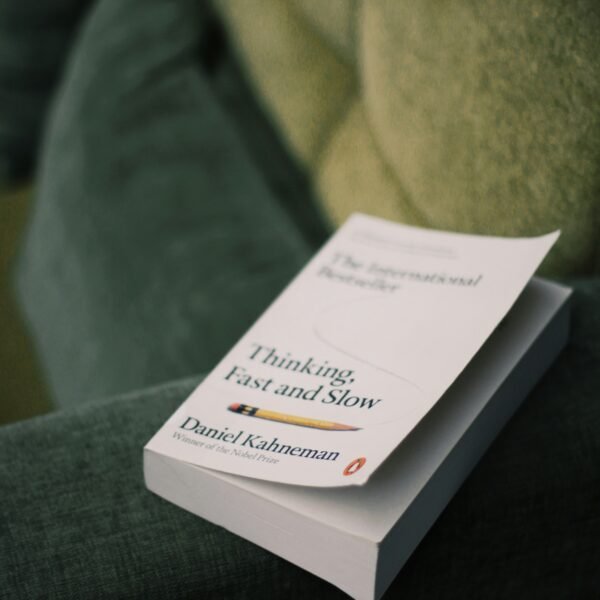Have you ever wondered what it takes to work in a museum? Whether you have a passion for art, history, or science, working in a museum can be an incredibly rewarding and fulfilling experience. In this article, we will explore the ins and outs of working in a museum, from the different roles and responsibilities to the skills and qualifications needed. Whether you dream of curating exhibitions, conducting research, or engaging with visitors, this guide will provide you with valuable insights on how to pursue a career in the fascinating world of museums. So, let’s embark on this exciting journey together and discover how you can turn your love for museums into a profession.
Types of Jobs in Museums
Curator
Curators are responsible for overseeing and managing the collections in museums. They are knowledgeable about art, history, or other subjects related to the museum’s collection. Curators acquire new pieces, catalogue and maintain the existing collection, and may also be involved in researching and interpreting the artwork.
Educator
Educators play a vital role in museums by providing educational programs and activities for visitors of all ages. They develop and facilitate workshops, tours, lectures, and other educational initiatives to enhance visitors’ understanding and appreciation of the museum’s exhibits. Educators have a passion for teaching and are skilled in creating engaging and interactive learning experiences.
Conservator
Conservators are responsible for preserving and restoring artwork and artifacts to ensure their longevity and aesthetic appeal. They assess and treat damage, perform conservation research, and develop strategies for the proper storage and display of delicate items. Conservators have a keen eye for detail and a deep understanding of materials and techniques used in the creation of the artworks.
Archivist
Archivists are responsible for organizing, preserving, and maintaining historical documents and records. They ensure that important records are properly stored and accessible for research purposes. Archivists also handle the digitization and cataloging of materials, allowing for easier access and preservation of historical collections.
Exhibition Designer
Exhibition designers are involved in creating visually appealing and interactive displays in museums. They collaborate with curators, educators, and other professionals to design layouts, select appropriate display cases, and create engaging multimedia components. Exhibition designers have a keen eye for aesthetics, spatial awareness, and a strong understanding of visitor experience.
Visitor Services
Visitor services professionals are the face of the museum, responsible for providing excellent customer service to ensure visitors have a positive experience. They assist visitors with inquiries, provide information about exhibits and programs, and coordinate ticketing and entry processes. Visitor services professionals possess strong communication and interpersonal skills, as well as a passion for helping others.
Researcher
Researchers in museums conduct in-depth investigations into various aspects of the collection or specific topics within the museum’s scope. They contribute to scholarly research, publish articles, and collaborate with other researchers and institutions. Researchers have a strong academic background and advanced knowledge in their area of expertise.
Marketing and Communications
Marketing and communications professionals in museums are responsible for promoting the museum’s exhibits, events, and educational programs. They develop strategic marketing plans, create compelling content for various platforms, manage social media presence, and cultivate relationships with media outlets and the community. Marketing and communications professionals have strong writing and communication skills, digital marketing knowledge, and a creative flair.
Fundraiser
Fundraisers play a crucial role in securing financial support for museums. They develop and implement fundraising strategies, seek out grants and sponsorship opportunities, build relationships with donors, and organize fundraising events. Fundraisers have excellent interpersonal and networking skills, as well as a deep understanding of donor cultivation and stewardship.
Facilities and Operations
Facilities and operations professionals ensure the smooth functioning of the museum’s physical infrastructure. They oversee maintenance and repairs, manage security protocols, coordinate event logistics, and handle facility rentals. These professionals have strong organizational and problem-solving skills, as well as knowledge of facilities management and safety regulations.
Qualifications and Skills
Educational Background
Most positions in museums require a bachelor’s degree in a relevant field, such as art history, history, education, or museum studies. Some roles may require advanced degrees or specialized training.
Specialized Knowledge
Depending on the specific job, candidates may need expertise in areas such as art history, archaeology, scientific analysis, or curatorship. Specialized knowledge allows professionals to understand and interpret the museum’s collection accurately.
Research Skills
Proficiency in conducting research, using databases and scholarly sources, and analyzing information is essential for many roles in museums. Researchers and curators rely on strong research skills to contribute to scholarly publications and exhibit interpretation.
Creativity
Creativity is crucial in designing engaging exhibits, educational programs, and marketing materials. Professionals in museums need to think creatively to present information in unique and compelling ways.
Attention to Detail
Working with delicate and valuable artifacts requires exceptional attention to detail. Curators, conservators, and archivists must be meticulous in their handling, organizing, and cataloging of items.
Communication Skills
Strong communication skills are necessary for interacting with colleagues, visitors, donors, and other stakeholders. Whether giving tours, presenting research findings, or writing grant proposals, effective communication is vital in the museum field.
Organizational Skills
Museum professionals often manage multiple projects and deadlines simultaneously. Effective organization and time-management skills are essential to ensure tasks are completed efficiently.
Multitasking Abilities
In a fast-paced museum environment, multitasking is a valuable trait. Museum professionals often juggle various responsibilities and adapt to changing priorities without compromising the quality of their work.
Computer Skills
Proficiency in using various software programs, databases, and online tools is crucial in managing collections, conducting research, and creating digital content.
Language Proficiency
Depending on the museum’s scope and audience, proficiency in multiple languages may be necessary. Language skills facilitate communication with diverse visitors, researchers, and international colleagues.

Gaining Relevant Experience
Internships
Internships provide hands-on experience and allow aspiring museum professionals to work alongside experienced professionals. Internships can be formal programs or arranged through university partnerships.
Volunteering
Volunteering in museums is a great way to gain exposure to the field and build connections. Volunteers assist with various tasks, such as assisting with exhibitions, conducting educational programs, or cataloging collections.
Part-time Jobs
Part-time positions within museums offer the opportunity to gain practical experience while working in a museum environment. These roles may include visitor services, administrative support, or assisting with educational programs.
Networking
Networking is crucial in the museum field. Attending industry events, conferences, and joining professional associations provides opportunities to connect with professionals, learn about job openings, and gain valuable insights.
Professional Associations
Joining professional associations related to museums enhances professional development and provides access to resources, job boards, and networking events. Examples of such associations include the American Alliance of Museums (AAM) or the International Council of Museums (ICOM).
Continuing Education
Continuing education programs, workshops, and certificate courses are available to deepen knowledge in specific areas of museum work. These programs demonstrate a commitment to professional growth and enhance qualifications.
The Application Process
Resume and Cover Letter
A well-crafted resume and cover letter tailored to the specific museum or position are essential for job applications. These documents should highlight relevant experience, skills, and achievements.
Portfolio
For positions involving design, curatorial work, or artwork, a portfolio showcasing past projects and accomplishments is often required. A portfolio should demonstrate creativity, attention to detail, and the ability to articulate ideas visually.
References
Providing references who can speak to your skills, work ethic, and expertise is important. These references should be individuals who have worked closely with you and can provide in-depth insights into your abilities.
Interviews
Interviews are an opportunity for employers to assess a candidate’s fit for the museum’s culture and job requirements. Candidates should prepare by researching the museum, reviewing common interview questions, and articulating their skills and experiences confidently.
Skills Assessment
Some positions may require candidates to complete skills assessments, such as writing samples or design projects. These assessments give employers insight into a candidate’s abilities and potential for success in the role.
Background Checks
Museums often conduct background checks as part of the hiring process to ensure the safety and security of their collections, staff, and visitors.

Job Search Strategies
Online Job Boards
Online job boards, such as museum-specific websites or general job sites, are valuable resources for finding open positions in museums. Websites like AAM’s JobHQ or MuseumJobs.com list a wide range of museum job opportunities.
Museum Websites
Many museums post job openings on their websites. Checking the career or employment sections of museum websites regularly ensures awareness of new job postings.
Networking Events
Attending networking events, such as museum conferences or local museum association meetings, allows professionals to connect with others in the field and learn about job opportunities.
Professional Conferences
Professional conferences provide opportunities to learn from industry experts, attend workshops, and connect with professionals from various museums. These events often have job boards and networking sessions.
Recruitment Agencies
Some museums work with recruitment agencies that specialize in placing candidates in museum positions. Registering with these agencies can provide additional job search support.
Personal Connections
Leveraging personal connections, such as former colleagues, mentors, or professors, can provide insight into job openings and recommendations. Sharing your interest in working in museums with your network can lead to unexpected opportunities.
Preparing for the Interview
Research the Museum
Thoroughly researching the museum, its mission, values, and current exhibitions or projects is essential. Showing a genuine interest in the museum during the interview leaves a positive impression on the hiring committee.
Study the Collection
Familiarize yourself with the museum’s collection, especially if applying for positions related to curatorial or conservator roles. Understanding the significance and context of the artworks or artifacts reflects dedication and preparation.
Familiarize Yourself with Industry Trends
Staying up to date with current trends and advancements in the museum field demonstrates a commitment to professional growth. Researching industry publications, attending webinars, or following museum associations’ social media accounts keeps professionals informed.
Prepare Responses to Common Interview Questions
Anticipating and preparing responses to common interview questions allows candidates to articulate their qualifications and experiences confidently. Questions may involve discussing past projects, handling difficult situations, or demonstrating problem-solving skills.
Practice with Mock Interviews
Conducting mock interviews with a mentor, career counselor, or trusted colleague helps refine interview skills and builds confidence. Practicing responses to potential interview questions ensures clear and concise communication during the actual interview.
Dress Professionally
Dressing professionally creates a good first impression during the interview. Wearing appropriate attire demonstrates respect for the hiring process and the museum’s professionalism.

Tips for Success
Continual Learning and Professional Development
The museum field is ever-evolving, and professionals must stay updated with new practices, technologies, and research. Taking advantage of professional development opportunities, attending conferences, and participating in webinars ensure ongoing growth.
Building a Diverse Skill Set
Developing a diverse skill set allows professionals to adapt to various roles and responsibilities within museums. Learning new software, taking courses in different disciplines, or gaining experience in multiple areas contributes to career versatility.
Networking and Building Relationships
Cultivating professional relationships through networking is invaluable in the museum field. Networking provides access to job opportunities, mentorship, and collaboration opportunities.
Staying Updated on Industry News
Reading industry publications, subscribing to museum newsletters, or following museum-related social media accounts keeps professionals informed about industry updates, trends, and opportunities.
Maintaining a Positive Attitude
Working in museums can be challenging, but maintaining a positive attitude contributes to a productive and fulfilling career. Being open to new challenges, valuing teamwork, and embracing change fosters a positive work environment.
Adapting to Change
The museum field is constantly evolving, and professionals must embrace change. Adapting to new technologies, exhibit strategies, or curatorial approaches allows professionals to thrive in a dynamic industry.
Challenges in the Museum Field
Limited Job Opportunities
The museum field is highly competitive, and job opportunities may be limited, especially in high-profile institutions. Patience and persistence are necessary when seeking employment in museums.
Competitive Nature of the Industry
Competition for museum positions is fierce due to a high number of qualified candidates and a limited number of positions. Building a strong, diverse skill set and gaining relevant experience increases competitiveness.
Low Compensation
Salary levels in the museum field vary, and compensation may be lower compared to other industries requiring similar qualifications. Professionals in museums must be prepared for potential lower salaries or seek additional revenue streams.
Budget Constraints
Museums often face budget constraints, which can limit resources for exhibits, programs, or staffing. Professionals in the museum field must be resourceful and creative in finding solutions despite financial limitations.
Conservation and Preservation
Preserving and conserving fragile artwork or artifacts can present challenges in terms of temperature control, security measures, and appropriate storage methods. Museum professionals must develop strategies to ensure the long-term preservation of the collections.
Balancing Accessibility and Security
Museums strive to make their collections accessible to the public while ensuring the security and preservation of the artworks. Balancing these two priorities requires careful planning, strategic design, and advanced security systems.
Career Progression
Entry-Level Positions
Entry-level positions in museums serve as a foundation for career progression. These positions often involve visitor services, administrative support, or assisting with collections management.
Mid-Level Positions
Mid-level positions in museums involve more specialized roles, such as curators, educators, or conservators. These positions require a higher level of expertise and experience in the field.
Senior-Level Positions
Senior-level positions in museums often involve management or leadership roles. These positions oversee museum operations, develop strategic plans, and have a significant impact on the museum’s direction.
Management and Leadership Roles
Management and leadership roles in museums involve overseeing multiple departments, developing budgets, leading teams, and shaping the museum’s overall vision.
Entrepreneurship Opportunities
Some museum professionals may choose to start their own consulting or exhibition design firms, providing services to museums and galleries. This entrepreneurial path allows for greater flexibility and creative freedom.
Consulting
Consulting opportunities exist for professionals who specialize in specific areas, such as exhibition design, artifact conservation, or educational program development. Consultants collaborate with museums on a project basis, offering their expertise and services.
Conclusion
Working in a museum is a rewarding career path that allows individuals to make a difference in preserving art, history, and culture for future generations. The museum field offers various job opportunities in curatorial, educational, conservation, and administrative roles. By gaining relevant experience, developing necessary qualifications, and employing effective job search strategies, individuals can succeed in pursuing their passion for working in museums. It is essential to continually build skills, network with professionals in the field, and stay informed about industry trends to thrive in the dynamic and ever-evolving museum field.


